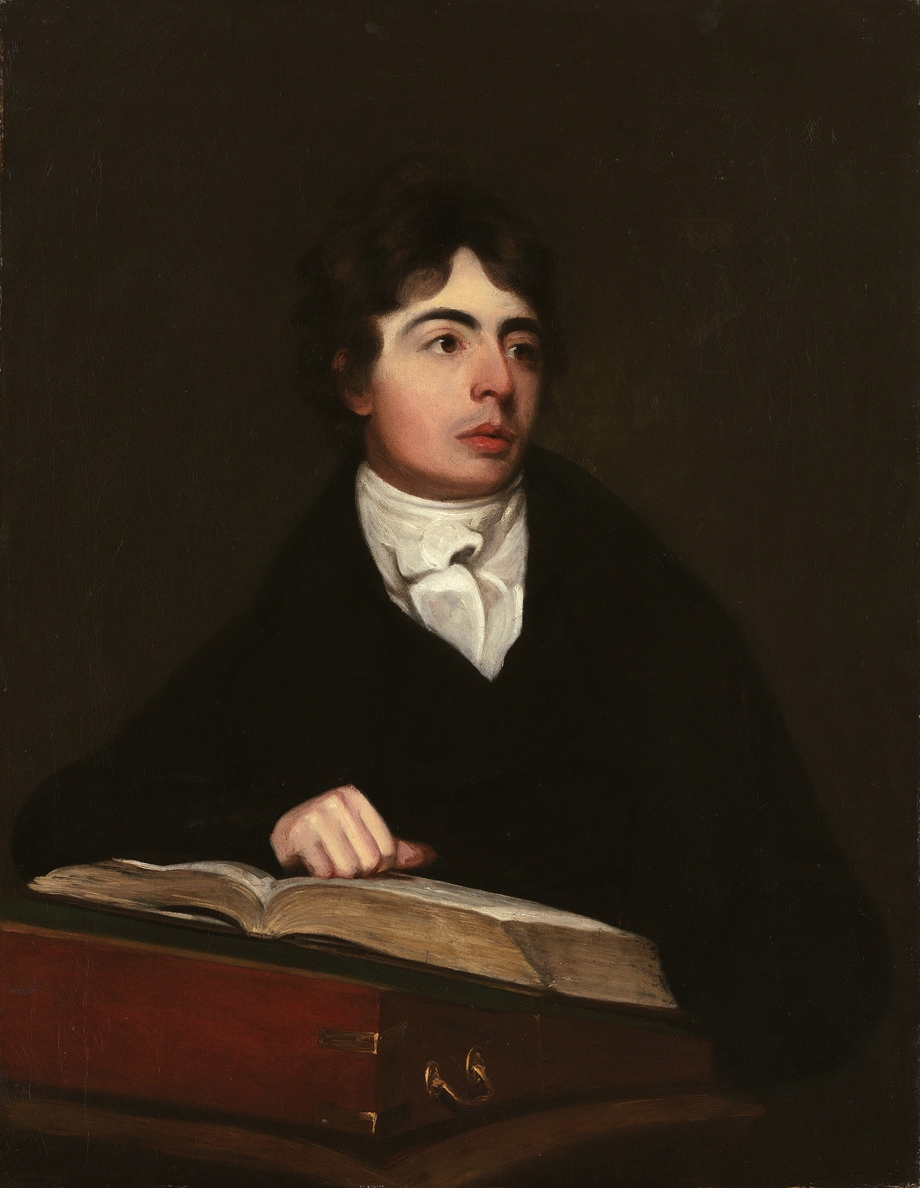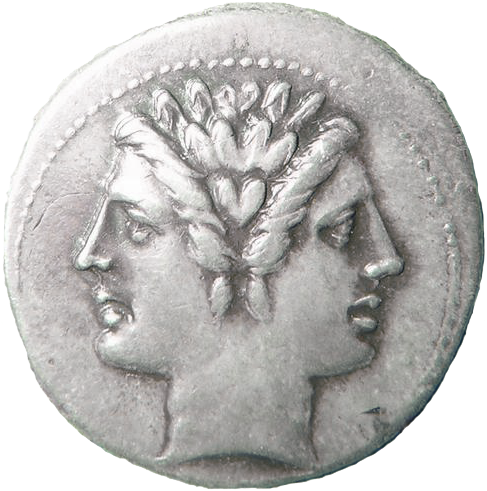C
onservatives are often called right-wing and liberals left-wing and these different groups tend to see the world differently and to form political sects which disparage and despise each other. But we would be better served if we got out of our echo chambers and started to listen to each other. Here's why:
As Winston Churchill said, democracy is the worst form of government, except for all the others that have been tried. So if we concede that while the democratic system is a slow-moving beast, it is also a system which allows its citizens to express their opinions
about the country and how it is being run. This is the public sphere and the discussion and debate which goes on here should help us to identify potential societal problems, work through issues and come to a workable compromise.
Now, take a contentious and explosive matter like immigration, which for many wealthy and successful western democracies, is a salient and
fraught matter. Left-wingers will tend to emphasise issues like human rights and the belief that all lives are equally valuable. These, are undoubtedly important and weighty considerations.
Right-wingers, however, are often concerned by how our society will change with immigration and this is very important too. For example, some ethnic and religious groups may have a lot of children, and so, after a number of years, some particular groups of people may have the numbers and the ability to affect political policy toward certain directions. This may matter or it may not. But we need to listen closely to all voices and not
just dismiss those that we see as the opposition.
Also highly relevant here is the importance of free speech in a democracy and the recognition that your right to free speech is always constrained by the rights of others, as other people also have the right not to endure vilification, hate and harm. And genuinely embracing free speech doesn't mean that you only support the concept when the speech happens to coincide with your point of view.
For example, in Australia, the left tends to respond in outrage when limits to immigration may be mentioned, and so, interesting and important arguments about the population carrying capacity of the land and the planet are also shut down. The left often wants to talk
about the environment but with critical exclusions. How the changing ethnic and religious make-up of the country may modify what we value about our country, also, shouldn't be shut down and crushed. These
matters are important to us all and we should take care not to stymie and stunt the discussion.
Australia's right-wing is also guilty of the same blinkered views and obstructions; like when a certain journalist was sacked after an intensive campaign from the right-wing, who were outraged about his "offensive" comments about Anzac Day. The interesting thing, however, is that many academic historians would agree with that SBS journalist's views, as they fitted the facts and evidence. But Anzac Day has become like a religion on the right in Australia and any criticism is seen as blasphemy. The real historical story is covered up and kept like a
simple fairy tale and whilst this feeds the monster of nationalism, it also dumbs us down as a nation.
One other thing to mention is that breaking down the wall of our information and group silos does not mean that we simply become centrists, as this way of thinking is too simple and it's based on the fallacy called
argumentum ad temperantiam, where you take the middle ground, or a false compromise. What you need to do is listen to the discussion and learn as much as you can. And each issue should be judged on its merits.
So whilst your right or left wing echo-chamber may be comfortable and reassuring, it is also
stunting your brain and destroying democracy.




